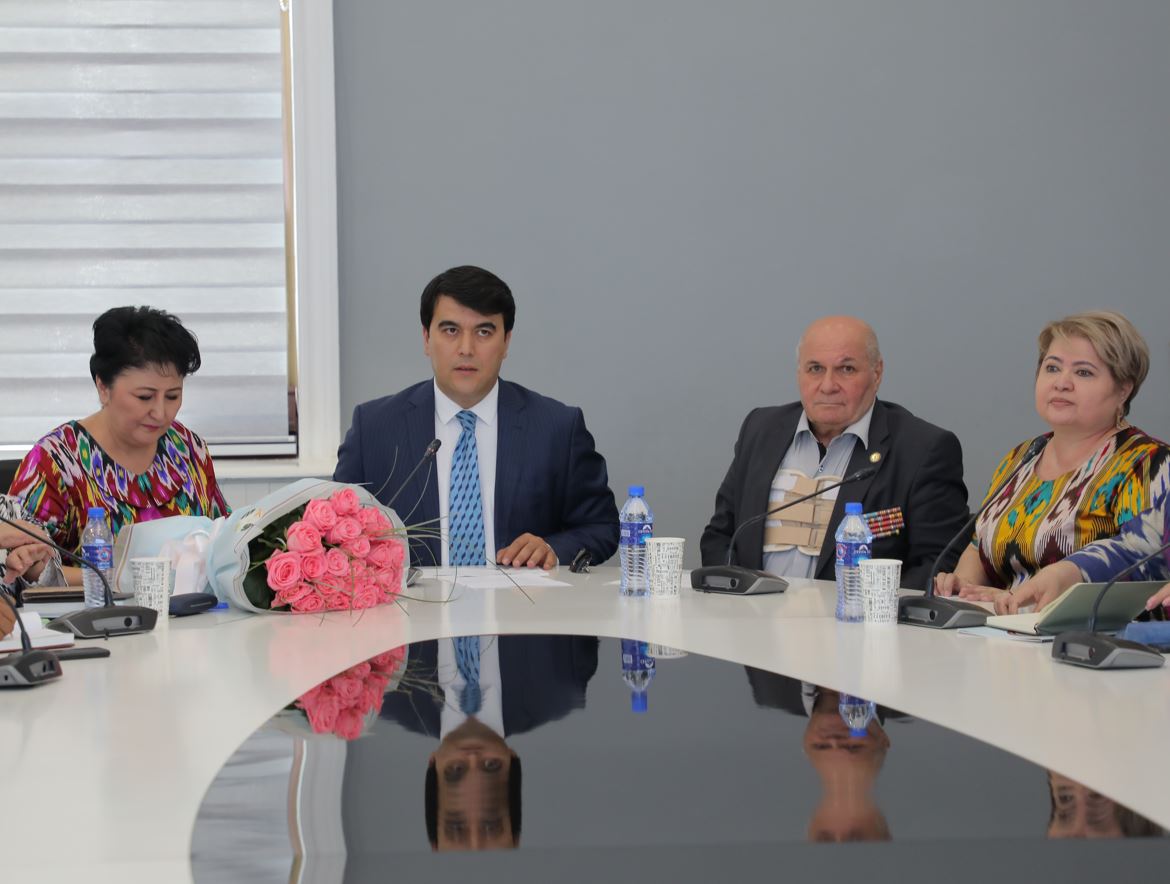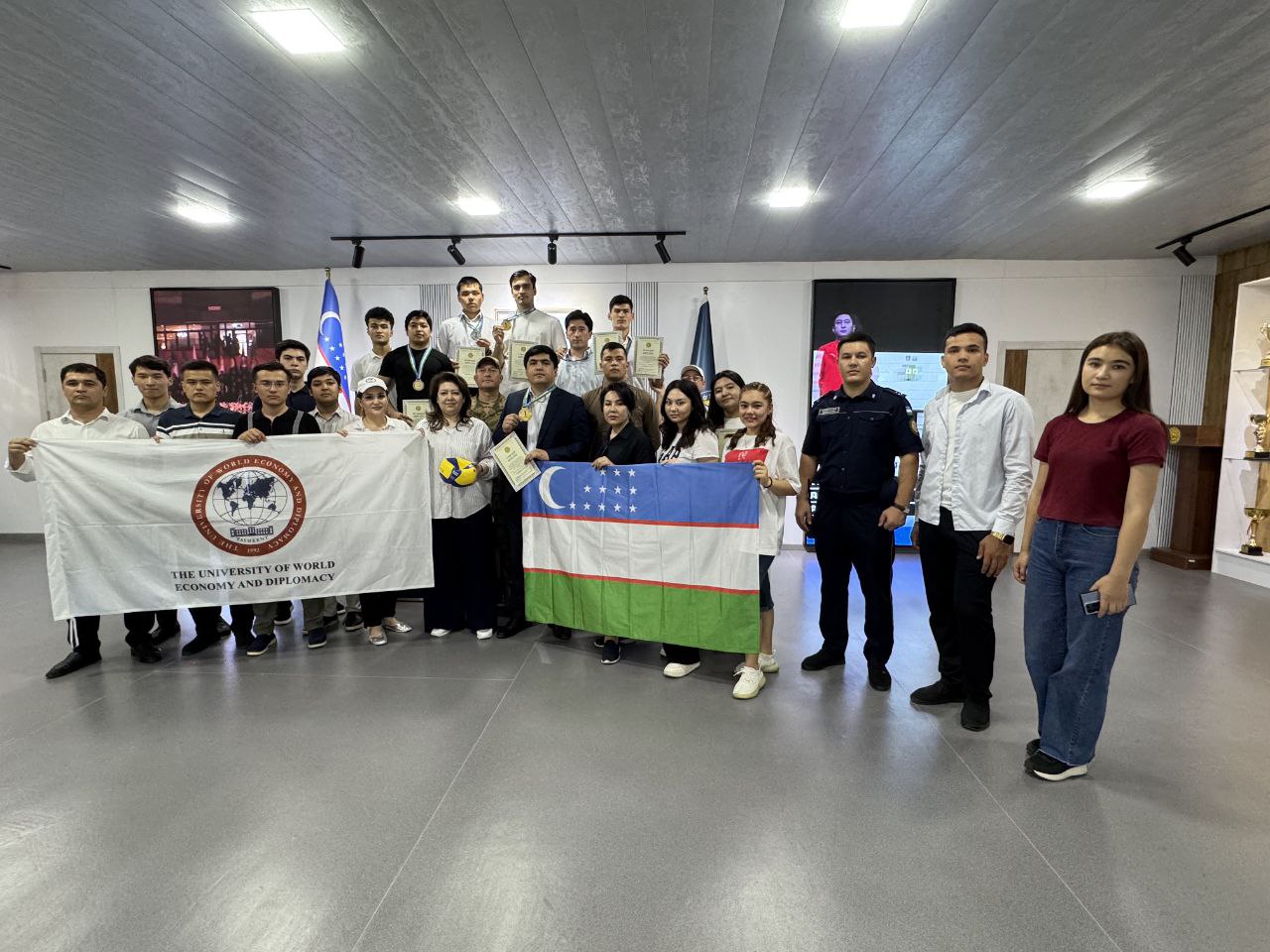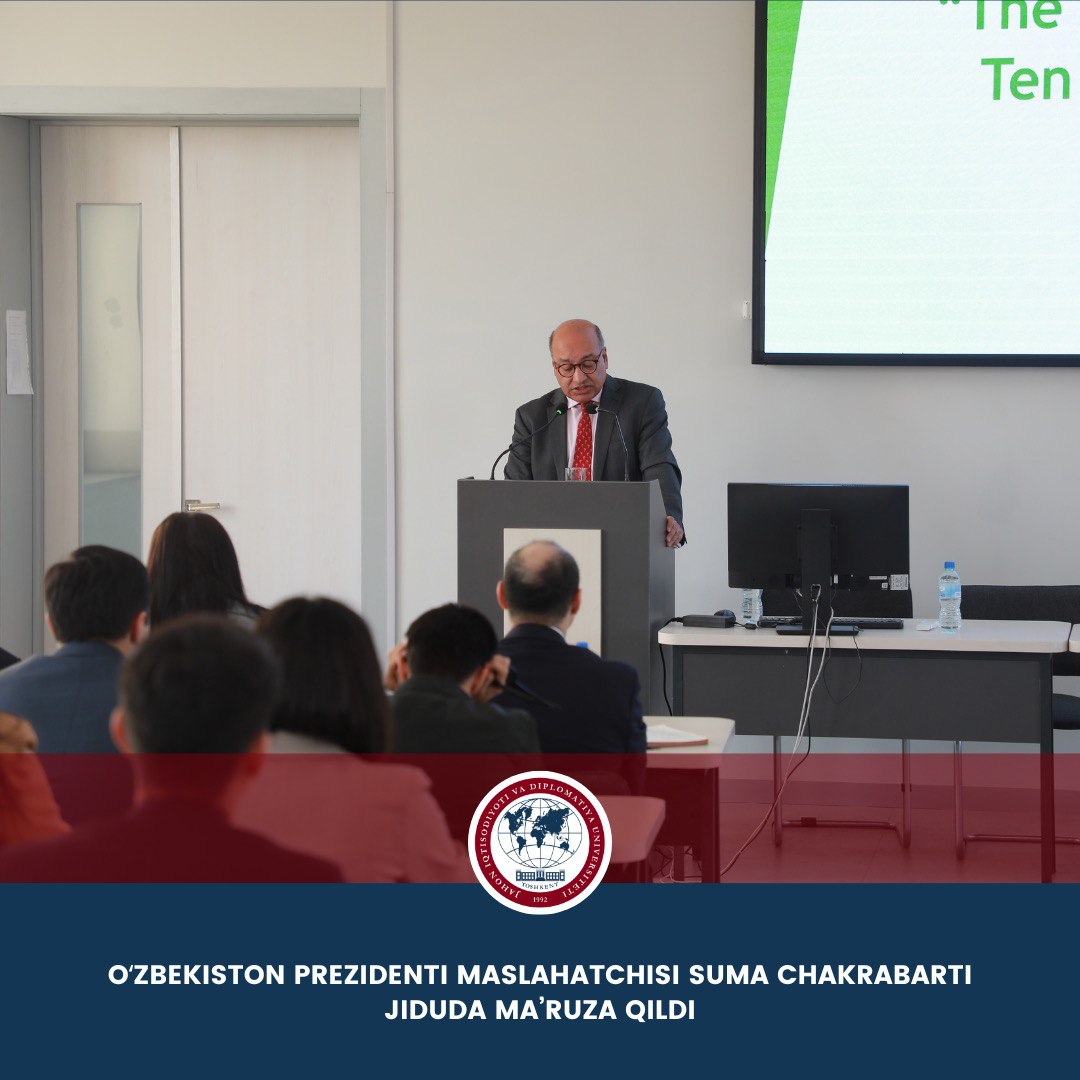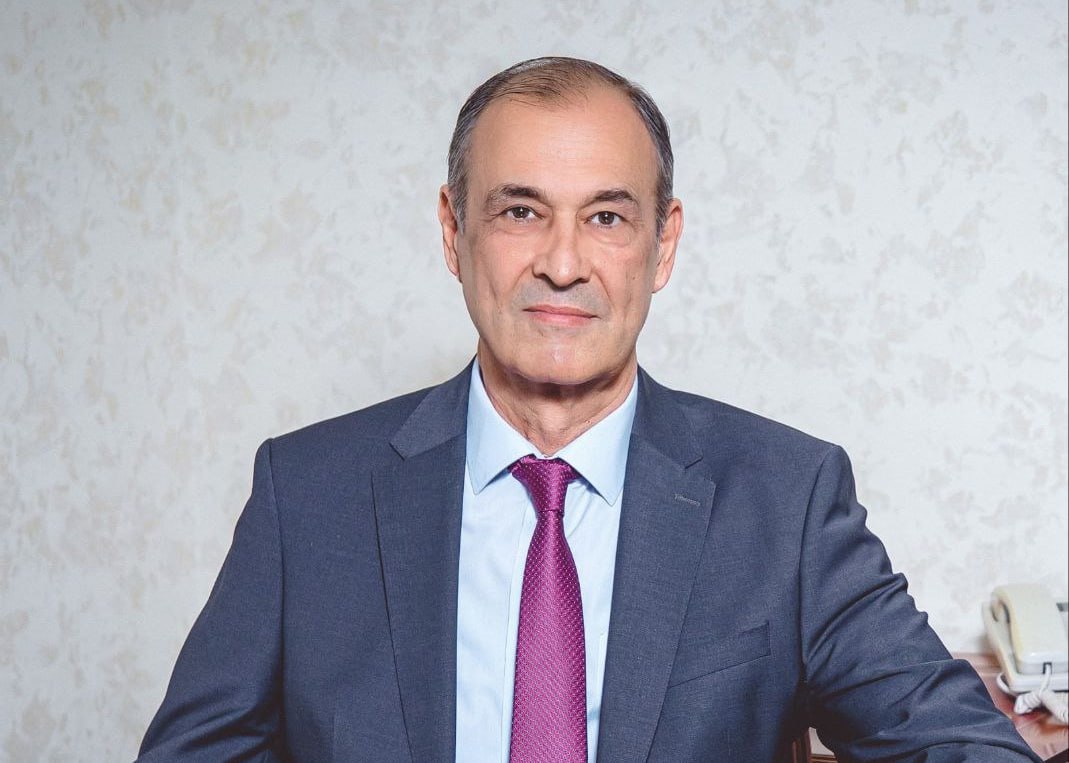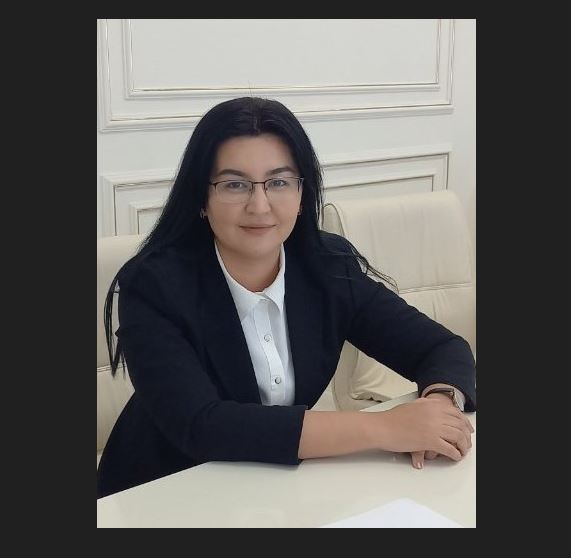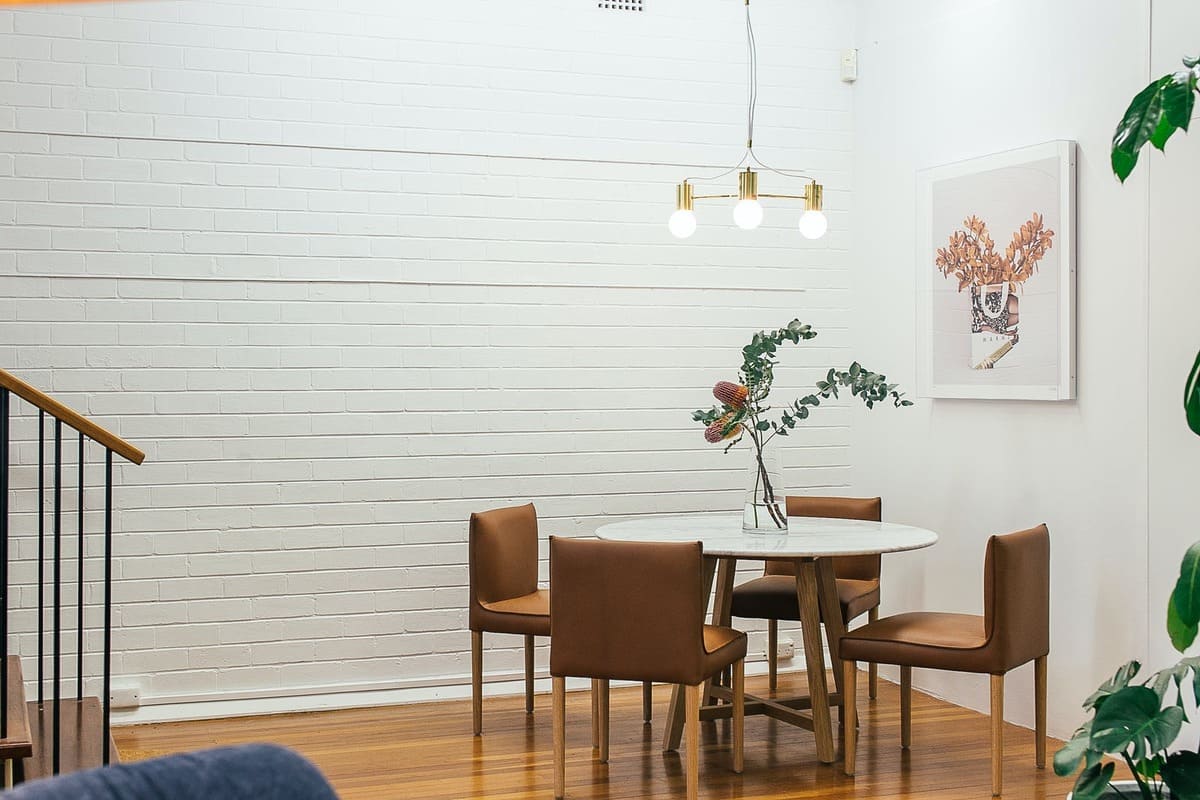
The UN Resident Coordinator in Uzbekistan visited UWED
The UN Resident Coordinator in Uzbekistan visited UWED
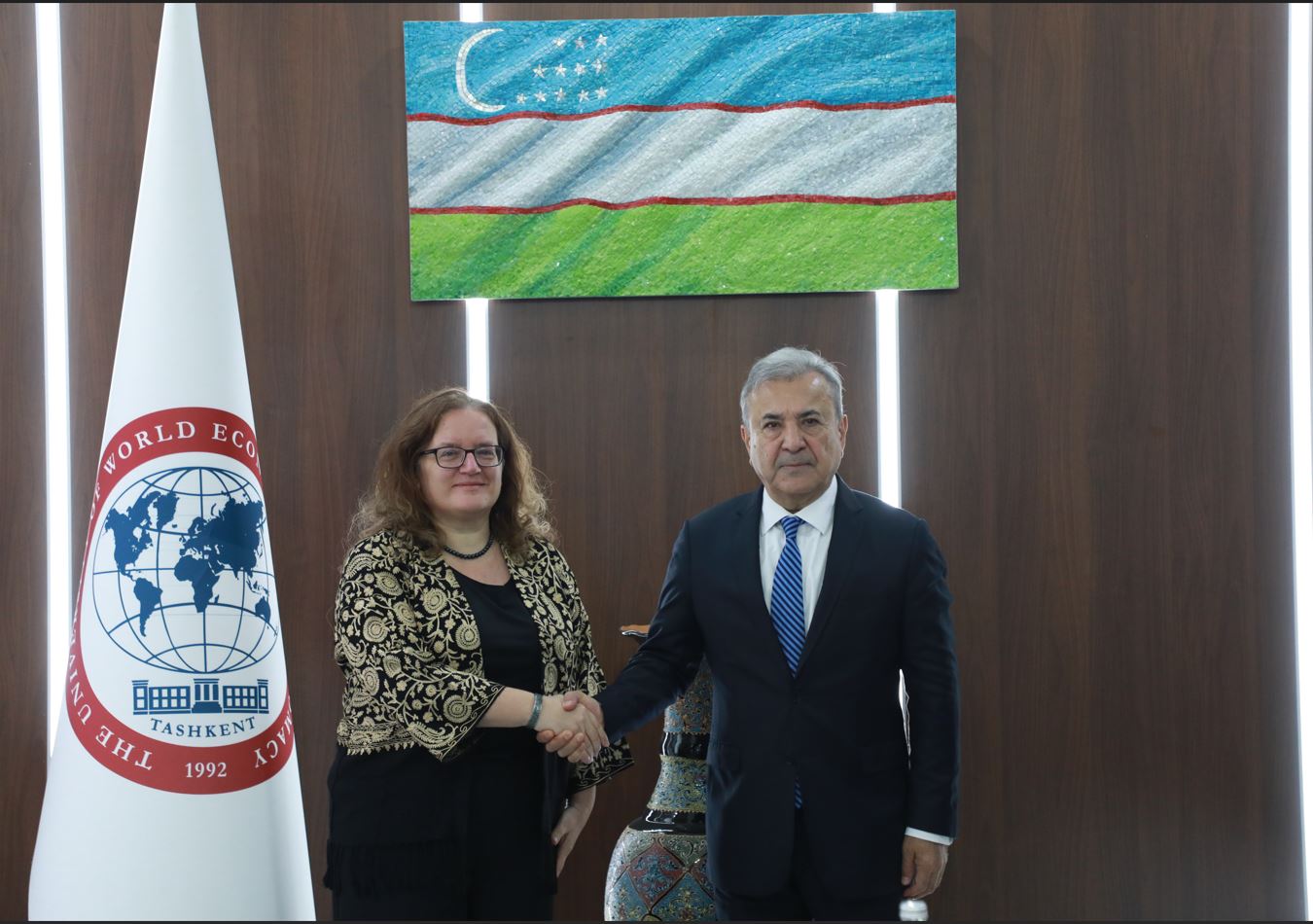
On October 2 of this year, the UN Resident Coordinator in Uzbekistan, Ms. Sabine Mahl, paid a working visit to the University of World Economy and Diplomacy (UWED). The distinguished guest was met by the First Deputy Chairman of the Senate of the Oliy Majlis of the Republic of Uzbekistan, Rector of UWED Sodiq Safoev.
During the meeting, the parties discussed key aspects of cooperation in the implementation of the Sustainable Development Goals (SDGs) in Uzbekistan. The importance of not only practical work, but also a wide explanation of the essence and significance of the SDGs among the population was emphasized, and raising public awareness of these global challenges.
Ms. Sabine Mahl emphasized that the "Uzbekistan Strategy – 2030" adopted in Uzbekistan reflects all 17 Sustainable Development Goals. This, she said, creates a solid basis for integrating the efforts of the government, international organizations and civil society.
One of the central items on the agenda was the discussion of the prospects for launching specific joint projects. Among them:
Practical promotion of the SDGs through educational and social initiatives;
Implementation of programs to inform the public about the principles of sustainable development;
Involvement of students and young researchers of UWED in scientific research and applied research in this area.
UWED Rector S. Safoev, in turn, emphasized the readiness of the university, as a leading university in the field of international relations and economics, to act as an academic and expert platform for this work. He expressed confidence that the involvement of young people in solving global problems is the key to the sustainable future of the country.
This meeting was an important step towards strengthening Uzbekistan's long-standing partnership with the UN. She outlined concrete ways to actively involve the younger generation in international initiatives and mobilize academic potential to achieve the Sustainable Development Goals by 2030.
| Date: | 03.10.2025 |
| Views: | 875 |
| Share: |
